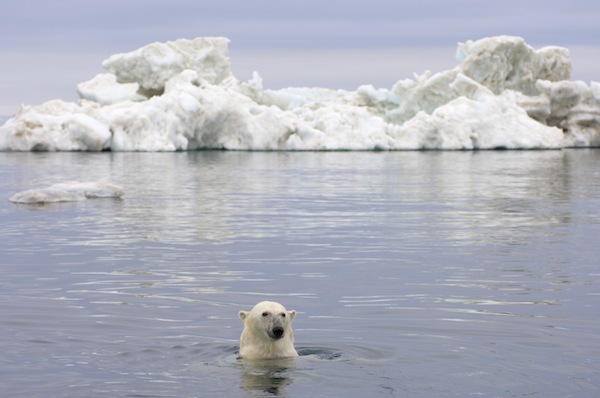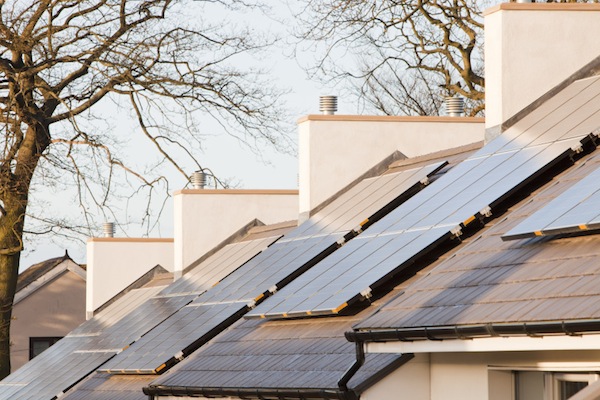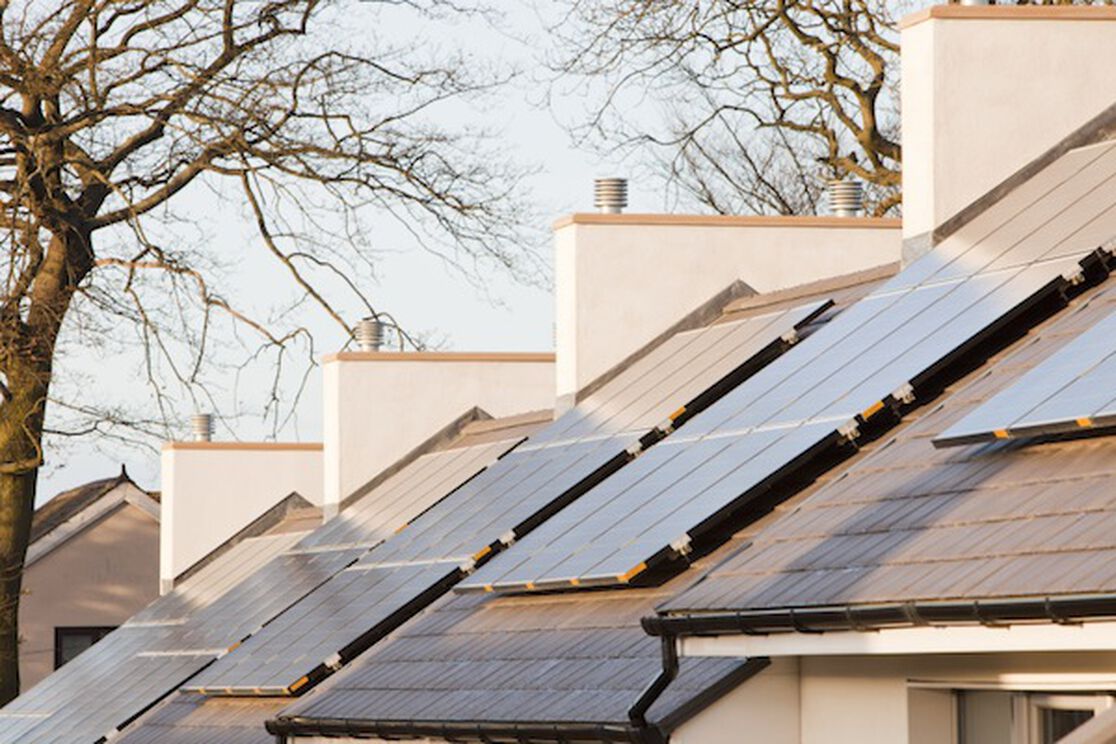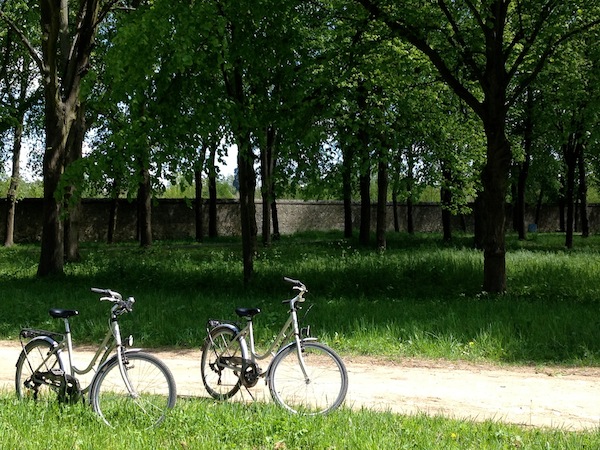Both Honest and the World Wildlife Fund strive to make every day Earth Day and create a sustainable future, so today we're sharing great tips from two WWF conservationists on the steps we can take to reduce our impact on the planet.
1. A lot of people talk about conserving but it's not always cost-effective. Where can we really save a lot of energy and money, while not lowering our quality of life? What are the biggest win-win-wins? ~ Honest Justin
From WWF’s Keya Chatterjee, Senior Director for Renewable Energy and Footprint Outreach:
Three things matter the most when determining how to help the environment while saving money: (1) how you get around; (2) if/how you use energy to heat and cool your home; and (3) how you keep your house warm in the winter and cool in the summer.
First, how you get around can play a huge role in keeping the environment clean and also protecting your pockets from going empty. A win-win here is to start biking. Set a goal for yourself that you will bike to work at least once a month and up it from there! Many states are starting to build bike-friendly lanes, so the streets are much friendlier towards bikers than ever were before. Where you live can factor into this equation (in some cases, especially if you don’t live in an urban area, it might not be feasible or safe to ride a bike to the office). But if you’re able, biking is the way to go. Added benefit: money saved and a workout for your body.
Second, how much energy you use to heat and cool your home can play a role. Install a more efficient air handler and turn that handler up one degree in the summer and down one degree in the winter than you’re used to. Your body won’t notice the difference and you’ll save money in the meantime.
And a third and final tip is to use caulk, tapestries, and heavy drapes to keep your house more comfortable. Once you up or down that air handler in the summer/winter months, if you do find it difficult to adjust to the temperature, invest in heavier blankets to keep that warm air in. Also, open up those windows and let some air out in the summer.
2. Do the fuel savings in newer hybrid/plug-in cars offset the resources used in the research, development, and manufacturing? ~ Honest Brian
From WWF’s Keya Chatterjee, Senior Director for Renewable Energy and Footprint Outreach:
Not surprisingly, yes, efficient cars are much better for the environment. Hybrid cars save so much energy while on-the-go compared to other cars that they make up for the energy used to manufacture them. Efficiency makes a huge difference, and the most efficient cars are hybrids and electric vehicles. You can visit toptenusa.org to find a list of the ten most efficient cars on the market today.
[caption id="attachment_4734" align="aligncenter" width="600"] © naturepl.com / Steven Kazlowski / WWF-Canon[/caption]
© naturepl.com / Steven Kazlowski / WWF-Canon[/caption]
3. What is the biggest threat to animals — is it us destroying their habitats or us directly targeting them (i.e., killing sharks for food or using tusks, horns, etc. for whatever)? ~ Honest Tony
From WWF’s Dr. Sybille Klenzendorf, Managing Director of Species Conservation:
There is no ‘one size fits all’ model for the biggest threats that animals face. Several factors play into the equation, and a lot depends on where the animals live. Climate change, habitat destruction, and illegal wildlife trade, among other threats, are all contributing to the decline of some populations of vital species.
Take the polar bear, for example. A warming climate is directly affecting the polar bears’ ability to hunt seals, rest and breed. The shorter sea ice season has decreased the amount of time bears can hunt for their prey, thus contributing to malnutrition and starvation.
Another direct threat is habitat destruction. For example, in 2012 the Sumatran elephant was changed from “Endangered” to “Critically Endangered” because half of its population has been lost in one generation – a decline that is largely due to habitat loss. Sumatra has experienced one of the highest rates of deforestation within the Asian elephant’s range, which has resulted in local extinctions of elephants in many areas.
Illegal trade in wildlife, caused by a demand coming from mostly Asian countries for products like elephant ivory and rhino horn, is causing an unprecedented poaching crisis around the world. Iconic species like elephants, rhinos, and tigers are directly affected by this threat. At the time of this post, already 249 rhinos have been poached in South Africa in 2013 – on pace to exceed 800 by year’s end if the poaching crisis continues. Go to WWF to read more about this serious issue and learn what you can do to help.
[caption id="attachment_4736" align="aligncenter" width="600"] © Global Warming Images / WWF-Canon[/caption]
© Global Warming Images / WWF-Canon[/caption]
4. What are the benefits of solar energy? ~ Honest David G.
From WWF’s Keya Chatterjee, Senior Director for Renewable Energy and Footprint Outreach:
There are many benefits that come from using solar energy. Primarily, it’s cost-effective – once you spend the money up front to purchase and install solar panels, solar energy is cost free and pollution free! There are about 40 million homes in the United States that would save money by installing solar power. Even better, in many states solar panels can also be leased with no money down. That means that you can have solar panels placed on your roof for free, and you can buy the energy from those panels at a lower rate than your current utility bills. You spend no money out of pocket, get solar energy on your roof, and pay cheaper bills. If you move, then the next owners can choose to break the lease, but why would they want their bills to go up? It ups the value to your home. There's now good evidence that solar panels increase resale value of homes, which means buyers want them.
Also, when was the last time you heard about a huge solar energy spill? Workers getting hurt in a solar energy explosion? Kids getting asthma from solar energy? That stuff only happens with fossil fuels, and it's all stuff our babies could live without.
Finally, we need solar energy to tackle climate change. And tackling climate change isn't a pipe dream, it's our job as parents. We owe it to our babies to act now to ensure they have a safe and vibrant planet for their future.
We aim to provide you with the most honest and credible information possible. This article was reviewed for accuracy by The Honest Team and was written based on sources that are linked at the bottom of the article.
blog_review_statement




